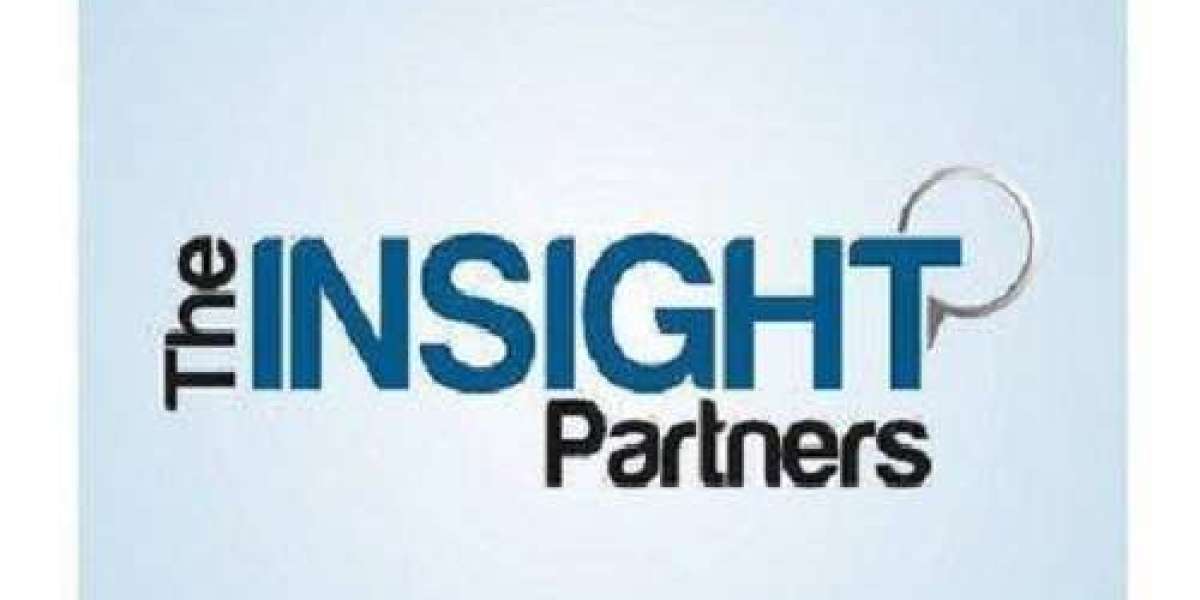As online education continues to gain popularity, the role of proctored exams becomes increasingly crucial in ensuring academic integrity and evaluating student performance. This comprehensive guide aims to provide an in-depth understanding of proctored exams in the online environment. From the different types of proctoring methods to strategies for success and the ethical considerations surrounding the practice, this guide serves as an indispensable resource for students and educators alike.
Understanding the Landscape of Online Education
1. The Rise of Online Education
Online education has evolved from a niche alternative to a mainstream method of learning. The flexibility and accessibility it offers have made it a popular choice for individuals seeking education while balancing various commitments.
2. The Importance of Assessment in Online Learning
Assessment is a critical component of any educational system, ensuring that students grasp the material and can apply their knowledge. In the online environment, the challenge lies in maintaining the integrity of assessments to validate the value of the education provided.
Proctored Exams: An Overview
1. Defining Proctored Exams
Proctored exams refer to assessments conducted under the supervision of a proctor, either in person or virtually. The primary goal is to verify the identity of the test-taker and prevent academic dishonesty by monitoring the exam environment.
2. Types of Proctoring Methods
Various proctoring methods are employed in online exams, each with its own set of advantages and considerations:
- In-Person Proctoring: Students take exams in physical locations, such as testing centers or classrooms, under the supervision of a human proctor.
- Live Online Proctoring: Exams are monitored in real-time by a remote proctor through video conferencing technology, allowing intervention if any suspicious behavior is detected.
- Recorded Proctoring: Exam sessions are recorded, and the footage is later reviewed by a proctor to identify any irregularities.
- Automated Proctoring: Artificial intelligence and advanced algorithms are used to monitor exams, flagging potential instances of cheating or rule violations.
Advantages of Proctored Exams
1. Ensuring Academic Integrity
The primary advantage of proctored exams is the assurance of academic integrity. By implementing measures to prevent cheating, institutions can maintain the credibility of their online courses and degrees.
2. Fair Evaluation
Proctored exams provide a fair and standardized evaluation process for all students. The monitoring ensures that each test-taker is subjected to the same conditions, minimizing biases and ensuring a level playing field.
3. Deterrent to Cheating
The presence of a proctor, whether in person or virtually, serves as a deterrent to cheating. Knowing that their actions are being monitored, students are less likely to engage in dishonest practices.
4. Verification of Identity
Proctored exams verify the identity of the test-taker, ensuring that the person completing the assessment is indeed the enrolled student. This adds an additional layer of security to the evaluation process.
Challenges and Concerns in Proctored Exams
1. Privacy Considerations
One of the concerns associated with proctored exams is the potential invasion of privacy. Students may feel uncomfortable with the idea of being monitored in their homes, and it's crucial for institutions to address these concerns transparently.
2. Technical Issues
The reliance on technology for online proctoring introduces the possibility of technical glitches. Students may encounter issues with their internet connection, webcam, or microphone, impacting the smooth conduct of the exam.
3. Accessibility
Some students may face challenges accessing the required technology for proctored online exams, especially if they are in regions with limited internet connectivity or lack the necessary devices.
Choosing the Right Proctoring Method
1. Considerations for Institutions
Institutions must carefully consider the nature of their courses, the number of students, and the resources available when choosing a proctoring method. Factors such as cost, technological requirements, and the level of invasiveness should be taken into account.
2. Factors for Students
Students should also be aware of the proctoring methods used in their courses. Understanding the expectations and requirements can help them prepare adequately and address any concerns they may have about the chosen proctoring method.
Strategies for Success in Proctored Exams
1. Understand Exam Format and Rules
Before the day of the proctored online exam, familiarize yourself with the format of the test. Understand the types of questions that will be asked, the time constraints, and any specific rules or guidelines provided by the instructor.
2. Practice Time Management
Time management is crucial in any exam, and proctored online exams are no exception. Practice answering questions under timed conditions to ensure that you can allocate your time effectively during the actual assessment.
3. Create a Distraction-Free Environment
Whether you're taking the exam in a physical testing center or from the comfort of your home, create a distraction-free environment. Inform those around you about the exam schedule to minimize interruptions.
4. Test Your Technology
If the exam involves online proctoring, test your technology well in advance. Ensure that your webcam, microphone, and internet connection are all in working order. Address any issues promptly to avoid last-minute disruptions.
5. Know the Proctoring Guidelines
Understand the specific guidelines set by the proctoring service or institution. This includes rules regarding breaks, permissible resources, and any actions that may be considered as violations of academic integrity.
Addressing Concerns about Paying Someone to Take Online Classes
1. Ethical Considerations
Pay someone to take online classes is a clear violation of ethical standards. It undermines the principles of honesty, integrity, and personal responsibility that form the foundation of education.
2. Consequences of Academic Dishonesty
Institutions take academic dishonesty seriously and have strict consequences for those found guilty. Consequences may include failing the course, academic probation, or expulsion from the institution.
3. The Value of Genuine Learning
The essence of education lies in the pursuit of knowledge, skill development, and personal growth. Paying someone to take exams denies individuals the opportunity to engage meaningfully with the learning process.
Privacy and Security in Proctored Exams
1. Transparency in Data Handling
Institutions and proctoring services must be transparent about how student data is handled during proctored exams. Clear communication about data privacy measures helps build trust with students.
2. Secure Technology
Choose proctoring solutions that prioritize the security of student data. Encryption, secure servers, and adherence to data protection regulations are essential components of a secure proctoring system.
3. Educating Students on Privacy
Educate students on the privacy measures in place during proctored exams. Understanding how their data is used and protected can alleviate concerns and foster a sense of trust in the online learning environment.
Future Trends in Proctored Exams
1. Advances in AI and Biometrics
The future of proctored exams may see increased integration of artificial intelligence (AI) and biometric technologies. These advancements aim to enhance the accuracy of monitoring and further secure the exam environment.
2. Continued Focus on Student Privacy
As technology evolves, there will likely be a continued emphasis on protecting student privacy. Institutions and proctoring services will need to stay abreast of regulations and adopt practices that prioritize data security.
3. Customized Proctoring Solutions
Institutions may move towards adopting more customized proctoring solutions based on the specific requirements of their courses. This could involve a combination of in-person, live online, and automated proctoring methods.
Conclusion: Striking a Balance for Academic Integrity
In conclusion, proctored exams play a vital role in upholding academic integrity in the online learning environment. While they come with challenges and concerns, the careful selection of proctoring methods, transparent communication, and a focus on privacy and security can contribute to a positive and trustworthy online learning experience.
As technology continues to advance, educators, students, and institutions must work collaboratively to navigate the evolving landscape of proctored exams. By embracing ethical practices, understanding the implications of online proctoring, and fostering a culture of academic honesty, we can strike a balance that ensures the value and integrity of online education.



